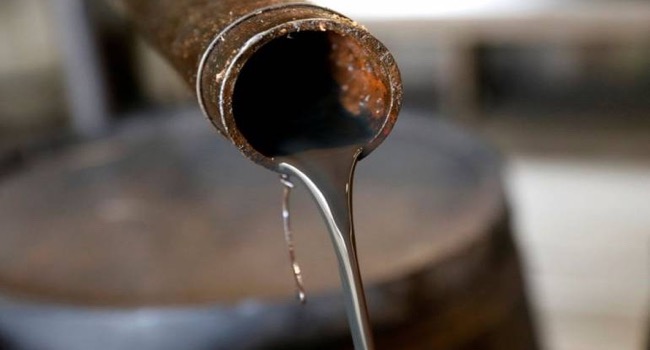Business
OPEC+ crude oil production hits two-year low, after cuts by Saudi Arabia

A Platts survey by S&P Global Commodity Insights has shown that crude oil production by the Organization of Petroleum Exporting Countries (OPEC) and its allies have hit a two-year low due to cuts by the Kingdom of Saudi Arabia
The survey also showed that the disruptions in Kazakhstan and Nigeria also outweighs the gains in Iran and Iraq, contributing to an almost 1 million barrels per day (mbpd) fall in OPEC+ output month on month.
“OPEC’s 13 members pumped 27.34 mbpd, while Russia and eight other allies added 13.06 mbpd, for a total of 40.40 mbpd, the survey found. That was the group’s lowest since August 2021, when major cuts implemented during the pandemic were still being unwound,” the survey stated.
Because of the need to shore up prices, the OPEC+ alliance has returned to a strategy of aggressive supply restraint with several members announcing 1.2 mbpd in collective cuts from May through the end of the year and Saudi Arabia unilaterally declaring an extra 1 mbpd cut for July, which has been extended through September.
Read also: Nigeria tops global unemployment rating
“Saudi Arabia dropped its production to 9.05 mbpd – the lowest level since June 2021.
“The decline was not as steep as its pledged cut, with production falling 940,000 bpd on June volumes” the survey stated.
Cruse production in Nigeria dropped by 100,000 bpd to 1.32 mbpd due to an outage at Forcados from mid-month that contributed to a sharp drop in exports. The Shell Petroleum Development Company followed up by suspending loadings of Nigeria’s Forcados crude oil due to a potential leak at the export terminal.
Increased outputs from sanctions-hit Iran and Venezuela however helped offset the Saudi cut to some extent, as Iranian production was at its highest level since December 2018 at 2.76 mbpd, while Venezuela’s was at its highest level since February 2019 at 810,000 bpd, the survey showed.
The Platts survey also showed that Russian production was flat on the month at 9.42 mbpd, as it continued to shift its flows eastward in response to an EU embargo and the G7 price cap.
Join the conversation
Support Ripples Nigeria, hold up solutions journalism
Balanced, fearless journalism driven by data comes at huge financial costs.
As a media platform, we hold leadership accountable and will not trade the right to press freedom and free speech for a piece of cake.
If you like what we do, and are ready to uphold solutions journalism, kindly donate to the Ripples Nigeria cause.
Your support would help to ensure that citizens and institutions continue to have free access to credible and reliable information for societal development.





















